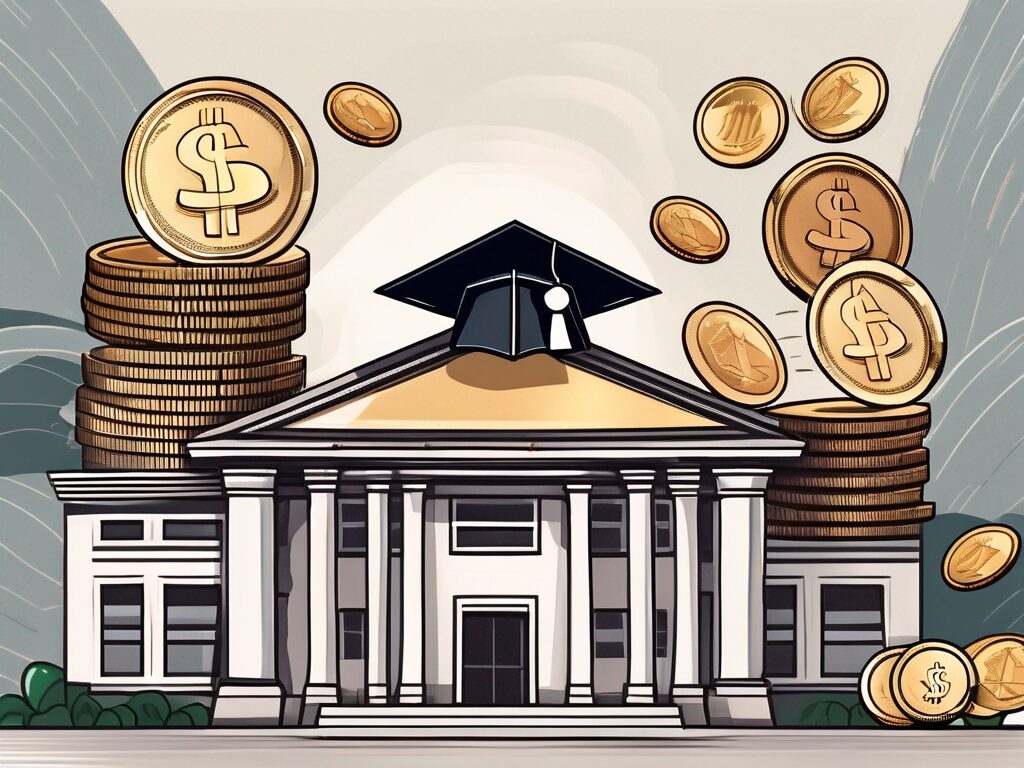What Are the Biggest Barriers to Education?
Education is a fundamental right, yet numerous barriers prevent access to quality learning worldwide. For aspiring international teachers, understanding these challenges is crucial for making a meaningful impact. In this article, we will explore the biggest barriers to education and provide insights on how educators can overcome these obstacles to succeed in international teaching roles.
Table of Contents
- Why is it Important for Aspiring International Teachers?
- Key Skills or Qualifications Required
- Steps to Get Started
- Challenges and How to Overcome Them
- Best Practices and Tips for Success
- Conclusion
Why is it Important for Aspiring International Teachers?
Understanding the barriers to education is essential for aspiring international teachers. The global job market for educators is expanding, with a growing demand for qualified teachers in international schools. By recognizing these barriers, teachers can better prepare to address diverse educational needs and contribute to global education reform.
Key Skills or Qualifications Required
To effectively tackle educational barriers, aspiring international teachers should possess the following skills and qualifications:
- Strong cultural awareness and sensitivity
- Proficiency in multiple languages
- International teaching certifications (e.g., iQTS)
- Adaptability and problem-solving skills
Steps to Get Started
Embarking on a career as an international teacher involves several key steps:
- Obtain relevant teaching certifications, such as the International Qualified Teacher Status (iQTS).
- Gain experience in diverse educational settings.
- Engage in continuous professional development to stay updated on global education trends.
Challenges and How to Overcome Them
International teachers may face various challenges, including:
- Language Barriers: Overcome by learning the local language and using translation tools.
- Cultural Differences: Embrace cultural diversity through research and cultural exchange programs.
- Resource Limitations: Innovate with available resources and collaborate with local educators.
Best Practices and Tips for Success
To succeed as an international teacher, consider these best practices:
- Build a strong professional network with other educators.
- Stay informed about global education policies and practices.
- Utilize technology to enhance learning experiences.
Conclusion
Understanding and overcoming the barriers to education is vital for aspiring international teachers. By equipping themselves with the right skills and knowledge, educators can make a significant impact in the global education landscape. Embrace the challenges and opportunities that come with international teaching, and take the first step towards a rewarding career.
Want to become a teacher in a Tier 1 international school? Join the course here.

